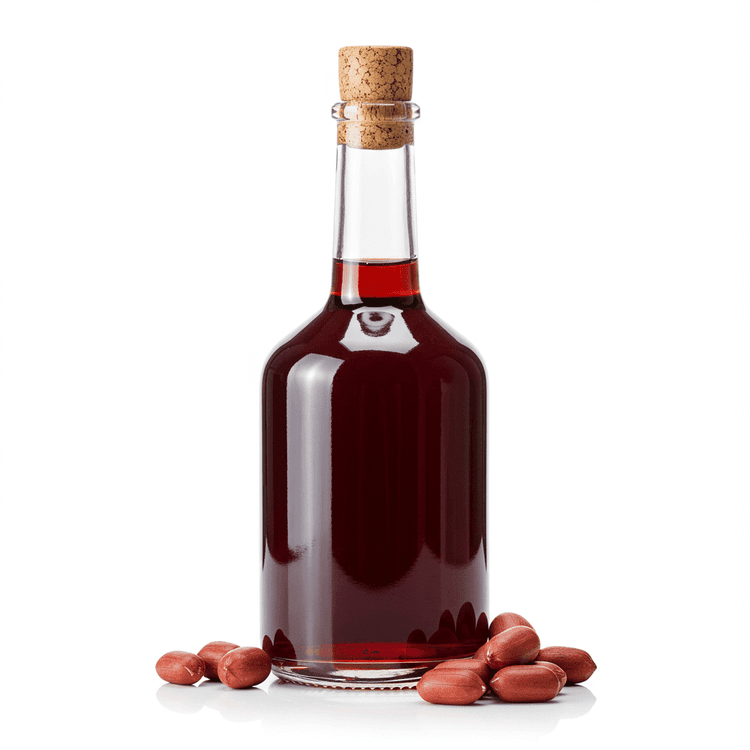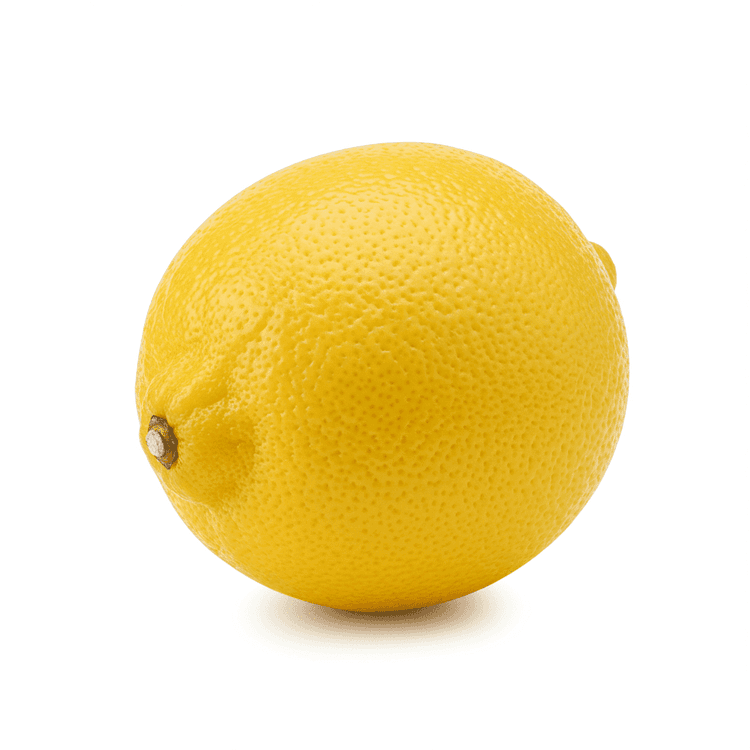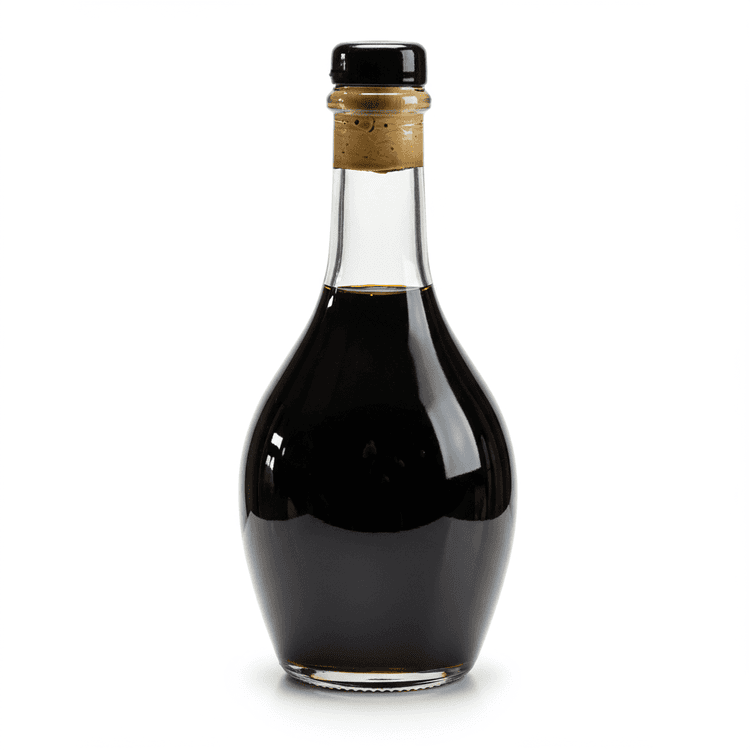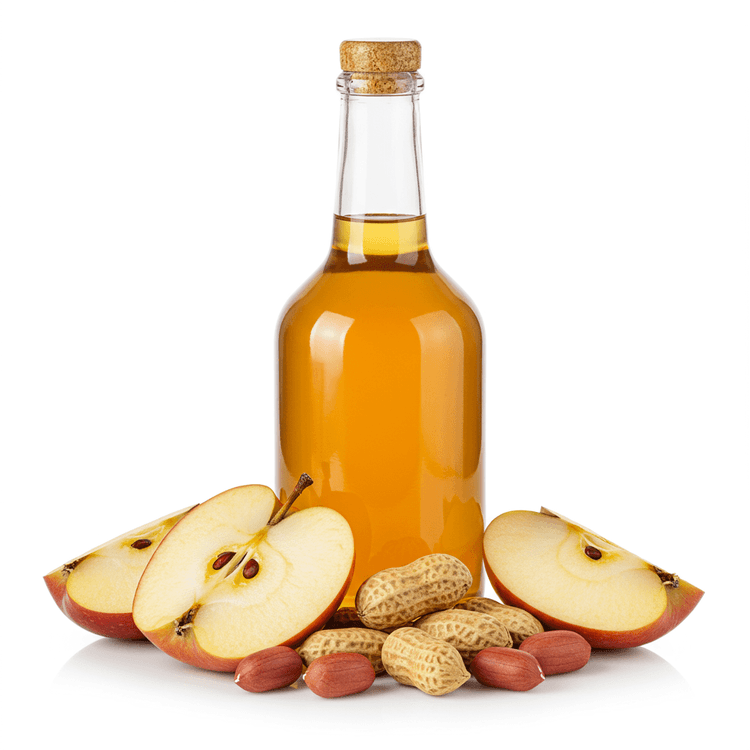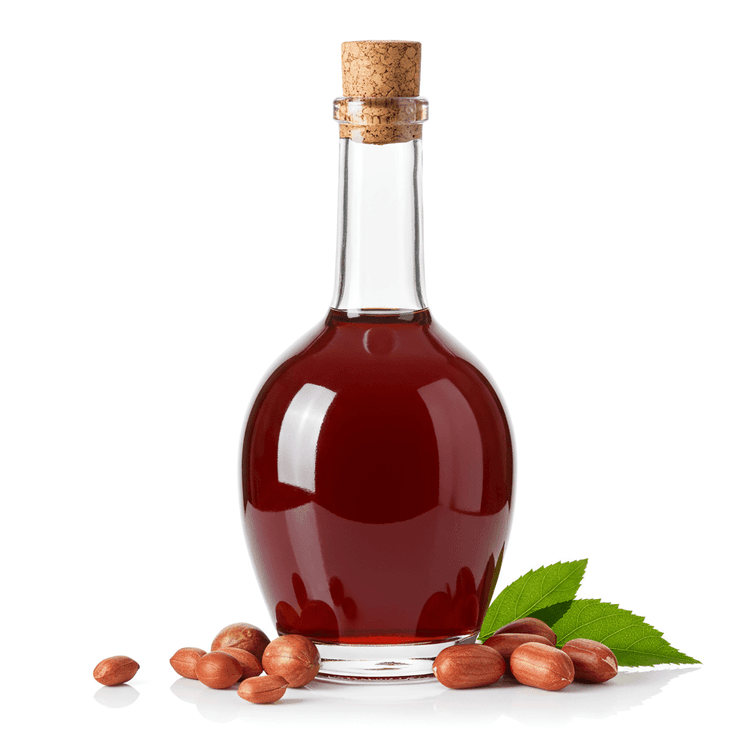
Wine Vinegar
Wine vinegar, a versatile culinary staple, is created through the fermentation of wine, resulting in a tangy and acidic liquid. It boasts a complex flavor profile influenced by the type of wine used, ranging from robust and fruity to delicate and herbaceous. Its color can vary from a pale golden hue to a rich ruby red, depending on the wine source. Many home cooks use wine vinegar for adding depth to salad dressings, marinades, and sauces. Wine vinegar adds a subtle zesty punch to many recipes.
Common Uses
- Wine vinegar is frequently used to create flavorful vinaigrettes and salad dressings, providing a tart counterpoint to oils and herbs. It elevates the overall taste profile in salads and other recipes.
- Wine vinegar serves as an excellent marinade for meats and vegetables, tenderizing them and imparting a tangy flavor. It helps to breakdown the meat fibers and give it a zesty flavor.
- Wine vinegar can be used to deglaze pans after sautéing or roasting, creating a flavorful sauce with the caramelized pan drippings. Add some butter or cream to enhance the flavor.
- A splash of wine vinegar can add a bright, acidic note to soups, stews, and sauces, balancing richer flavors and enhancing the overall taste. Try adding a tablespoon at the end of the cooking process.
- Wine vinegar is often used in pickling vegetables, adding a tangy flavor and helping to preserve them for longer shelf life. Use it when preserving your garden harvest for a zesty snack.
- Some chefs use wine vinegar to prepare unique reductions or glazes, concentrating its flavor to create a sophisticated finishing touch for dishes. For example, you may use a white wine reduction as a glaze for roasted poultry.
Nutrition (per serving)
Nutrition (per serving)
Calories
21.0kcal (1.05%)
Protein
0.0g
Carbs
0.6g (0.22%)
Sugars
0.4g (0.8%)
Healthy Fat
0.0g
Unhealthy Fat
0.0g
% Daily Value based on a 2000 calorie diet
Nutrition (per serving)
Calories
21.0kcal (1.05%)
Protein
0.0g
Carbs
0.6g (0.22%)
Sugars
0.4g (0.8%)
Healthy Fat
0.0g
Unhealthy Fat
0.0g
% Daily Value based on a 2000 calorie diet
Health Benefits
- May help improve insulin sensitivity and regulate blood sugar levels.
- Contains antioxidants, such as polyphenols, which may protect against cell damage.
- May contribute to weight management by promoting feelings of fullness.
- Can support healthy digestion due to its acetic acid content, which may inhibit the growth of harmful bacteria.
- May help lower blood pressure and improve heart health.
- Can be used as a natural cleaning agent and disinfectant, promoting a healthier home environment.
Chefadora AI is here.
Experience smarter, stress-free cooking.
Storage Tips
Wine vinegar is best stored in a cool, dark place, away from direct sunlight and heat. An unopened bottle can be kept at room temperature for an extended period, even years. Once opened, it's also shelf-stable at room temperature, but the flavor may degrade slightly over time. To maintain the best flavor and quality, seal the bottle tightly after each use and consider storing it in the refrigerator after opening, though it is not required. The vinegar is safe to use indefinitely, even if sediment forms; this is a natural occurrence and doesn't affect the vinegar's safety.
Marnirni-apinthi Building, Lot Fourteen,
North Terrace, Adelaide, South Australia, 5000
Australia
